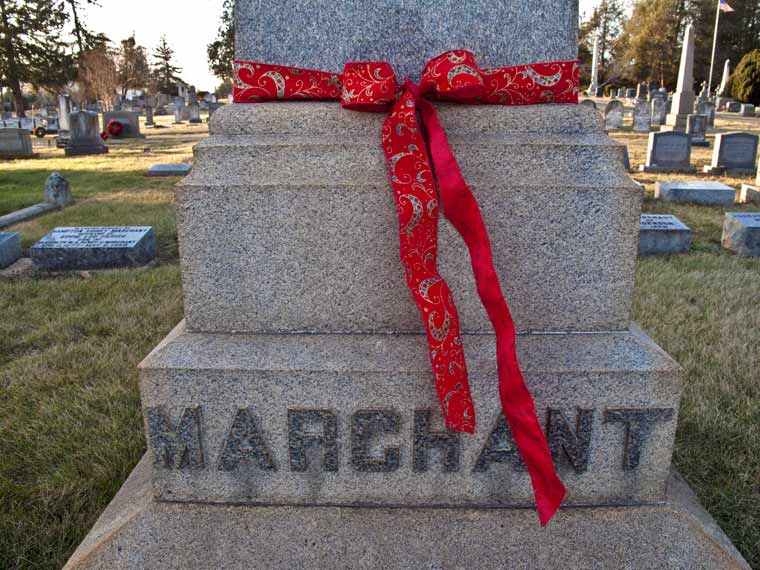blessing in disguise

Riverview Cemetery
The fire of 1882 was a blessing in disguise. It enabled the company to install new, efficient machinery and to expand its facilities. The fire also opened the door to new sources of capital, and the mill received its share of the Northern money which flowed into the New South after Reconstruction and the revival of prosperity. But it is only by coincidence that the date of this development fits into old conceptions about the origins of the New South.
The nature and causes of Southern industrial growth after the War of Secession have been matters of dispute among historians. The traditional view, fostered by such apostles of the New South as journalist Henry Grady, was popularized by Broadus Mitchell. According to Mr. Mitchell, Southern industry prior to 1880 was practically in the Middle Ages. In that year a sudden industrial revolution seized the South. Northern funds, combining with a burst of sectional interest, brought the region within a few decades to an industrial Renaissance. --Harry Poindexter
Labels: Henry Clay Marchant, Poindexter History, Riverview Cemetery

